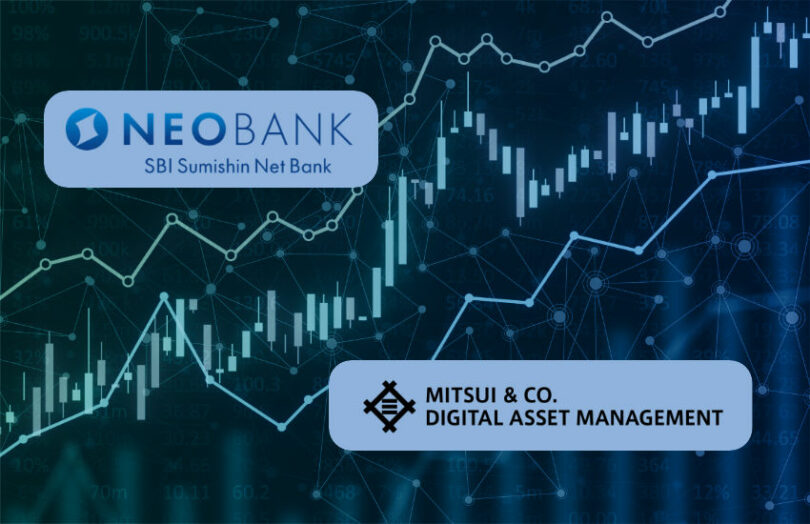This week Japan’s SBI Sumishin Net Bank (NEObank) started to offer security tokens to its 7.7 million banking customers. It’s part of a collaboration with Mitsui & Co Digital Asset Management which launched a direct-to-consumer security token service last year, Alterna. Typically asset managers would distribute funds via brokers, but Mitsui’s model is to go direct. While it would seem that it replaced a broker with a bank, the model is different. Customers interact directly with the Alterna platform. So it is partnering with introducers rather than brokers.
Alterna launched in mid 2023 and quickly partnered with another online bank, Sony Bank (1.9 million customers). Subsequently, it partnered with department store operator J Front Retailing, which offers the JFR loyalty card. As part of the collaboration, JFR cardholders can invest in Alterna on a drip basis.
If the fund were structured in a more conventional way, it might include a fund distribution platform, fund administrators, transfer agents, custodians, and other intermediaries. By removing intermediaries it can reduce issuance and administrative costs. In turn, this means that the minimum investment amount can be lower, usually Yen 100,000 ($647) for Alterna. Assuming some of the cost savings are passed on to clients, it should also result in higher returns.
This week Mitsui announced its ninth security token, an issuance backed by a hotel building rented by the Ibis Osaka Umeda. While the building is worth Yen 9 billion ($58.3m), the security token issuance is for Yen 2.23 billion ($14.4m).
The Ibis token was issued on the Progmat platform, which was founded by MUFG and in which SBI also has a stake. This is the 27th issuance using Progmat, representing around Yen 135 billion in value ($874 million). So far Japanese security token activity has mainly been real estate focused, accounting for 25 of the 27 issuances. The other two were bonds.






